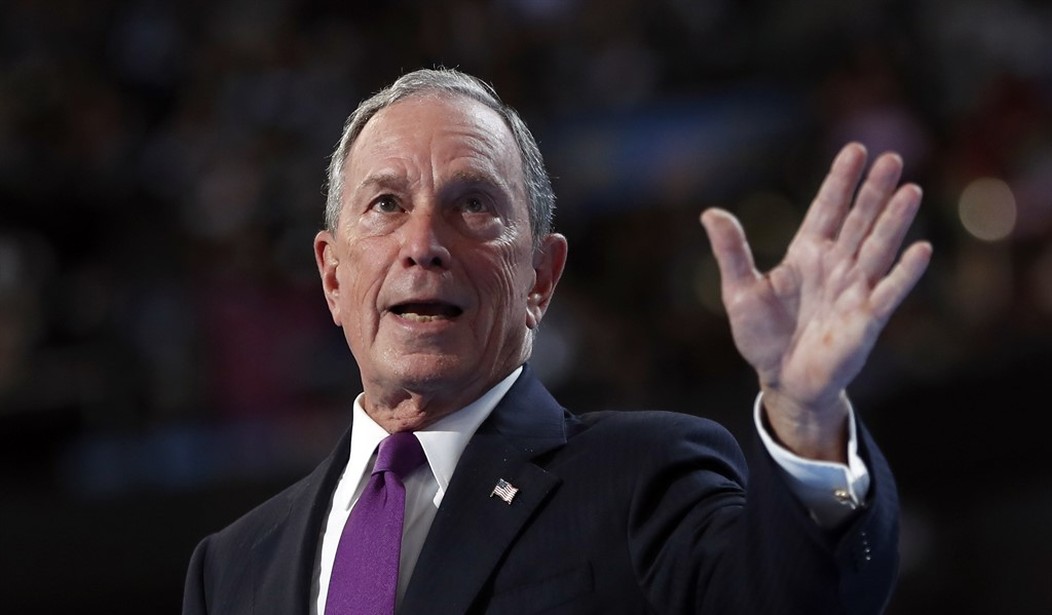It was a bad day for billionaire nanny-state warrior Michael Bloomberg, but a good day for financially strapped families in Santa Fe, New Mexico. Like many other cities around the country, Bloomberg had been injecting all sorts of cash into an effort to prompt the city to pass one of the most expensive sin taxes on soda in the country, coming in at two cents per ounce. (For those who aren’t big math fans, that works out to a price increase of $1.34 on every two liter bottle of soda.) Proponents, including the city’s mayor, claimed that the money was going to fund 1,000 preschool slots for low income children. What that has to do with soda remains a mystery, but the voters spoke out pretty clearly in the negative. (Albuquerque Journal)
A national trend in favor of so-called “soda tax” initiatives took a hit Tuesday when Santa Fe voters soundly rejected a proposed 2-cents-per-ounce tax on the distributors of sugar-sweetened beverages in a special election unlike anything New Mexico’s capital city has seen before.
A record 37.6 percent of registered voters turned out for the election – more than the hotly contested 2014 three-way race for mayor won by Javier Gonzales, who proposed the tax – and 58 percent voted “no.”
The final tally was 11,533 against the soda tax and 8,382 in favor. Voters in the city’s middle- and lower-income neighborhoods went against the tax in huge numbers, while the vote in Santa Fe’s affluent north and east sides split almost precisely 50-50.
While name brands cost more, I regularly see the two liter store brand bottles of soda on sale for a little over a dollar. And that’s in New York, where taxes are already stupidly high. That means that at least in some cases the cost of a bottle of soda would have more than doubled under this scheme. Is it any wonder that the vote broke down with people in lower income neighborhoods showing up in droves to dismiss the idea? I’m sure that when you live in the rarefied atmosphere that billionaires like Bloomberg inhabit you don’t give much thought to what groceries cost, but you can’t just go around doubling the price of something that many families buy every week without producing a hardship.
And if the tax had managed to pass, where would the money actually go? Sure, they’re telling the voters now that they wanted to pay for pre-K schooling which is always a popular idea, but how long would that last? We just saw the same sort of proposal in Oakland blow up this week when the city got into budget trouble and immediately moved to raid the soda tax dollars to cover their losses. So much for the promises of local politicians.
There might have been some other effects from the law of unintended consequences as well. A quick check with Google Maps reveals that there’s a Coke bottling plant in Santa Fe. Do you suppose that some of those voters work at that outlet or have family members who do? It’s a valid question, because after Philadelphia passed a similar sin tax on soda, their local Pepsi bottling plant laid off a large slug of their workers.
For the umpteenth time, sin taxes rarely work out and always produce negative results for the most hard pressed consumers. And the money they generate doesn’t simply go to efforts to save the citizens from their own vices or build whatever modern utopia Bloomberg envisions. Politicians use them as vehicles to convince voters to give up more money and it then disappears into the local government’s coffers to be spent on who knows what. Congratulations to the voters of Santa Fe on making a wise choice and avoiding this pitfall.








Join the conversation as a VIP Member